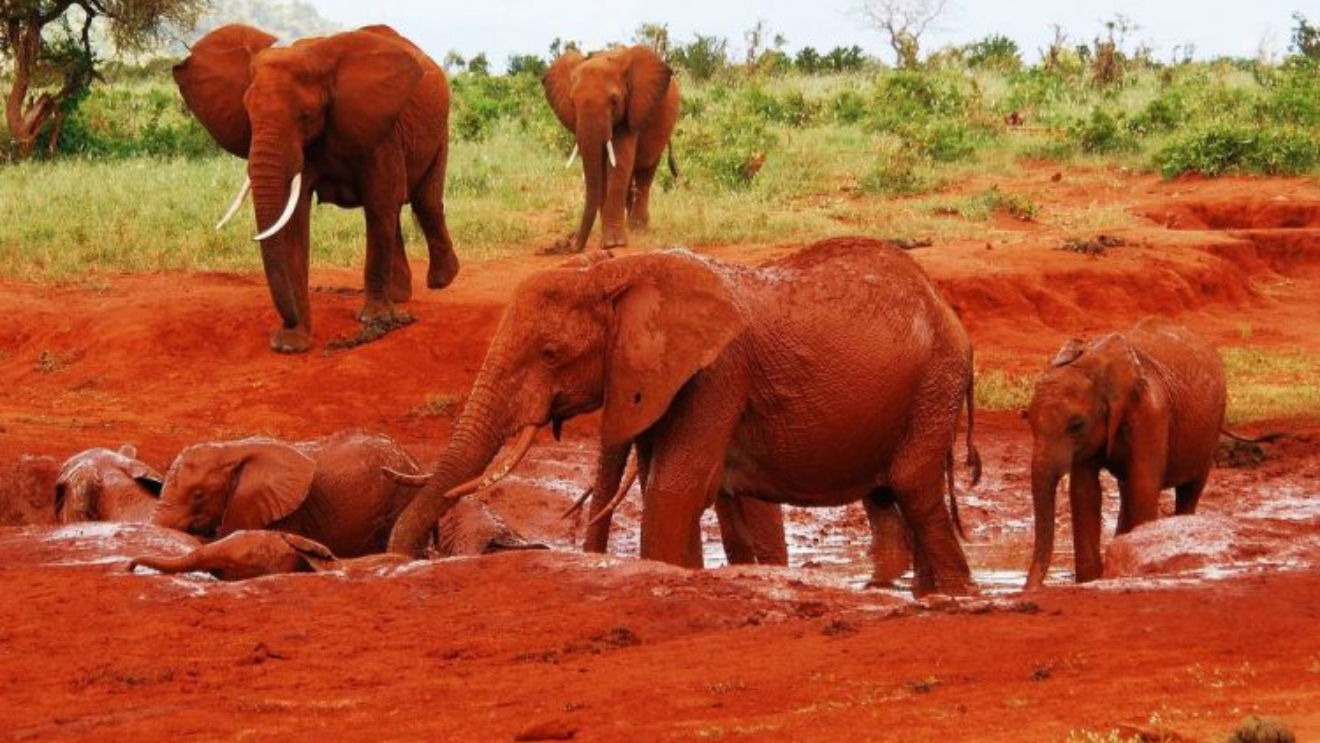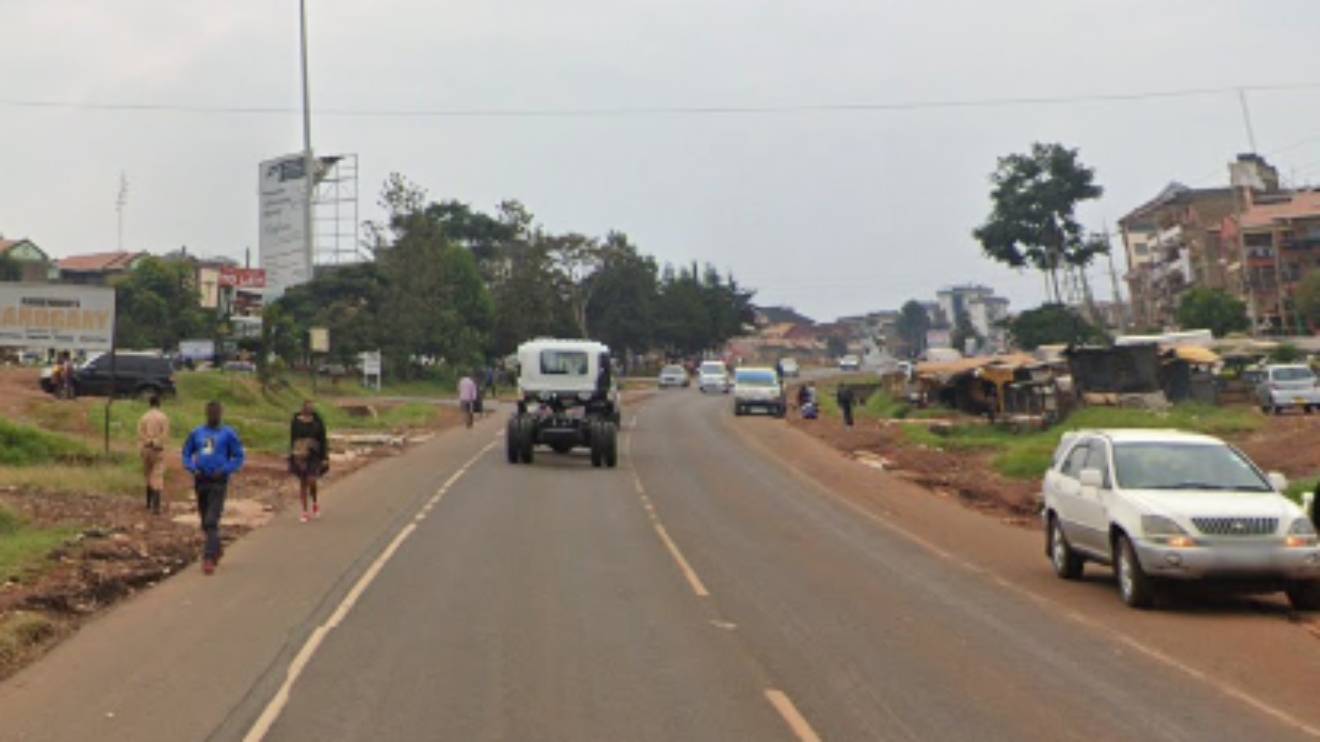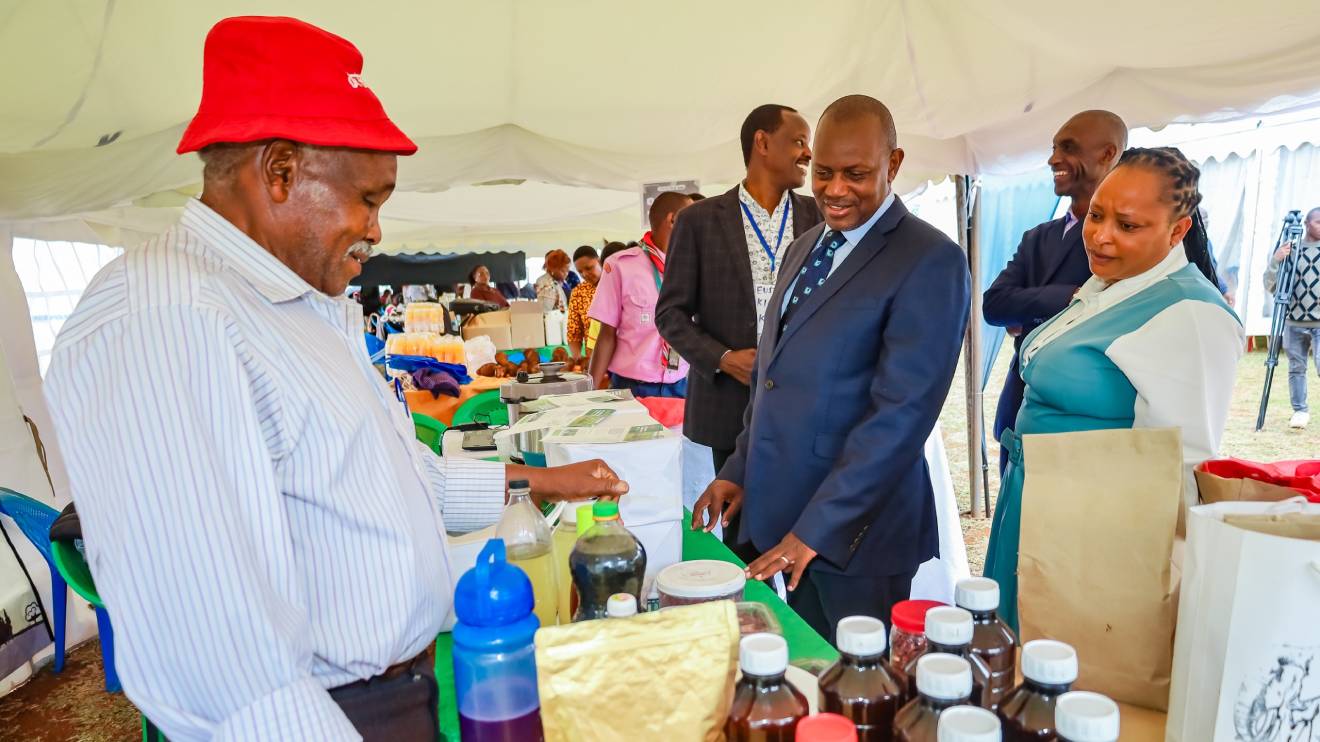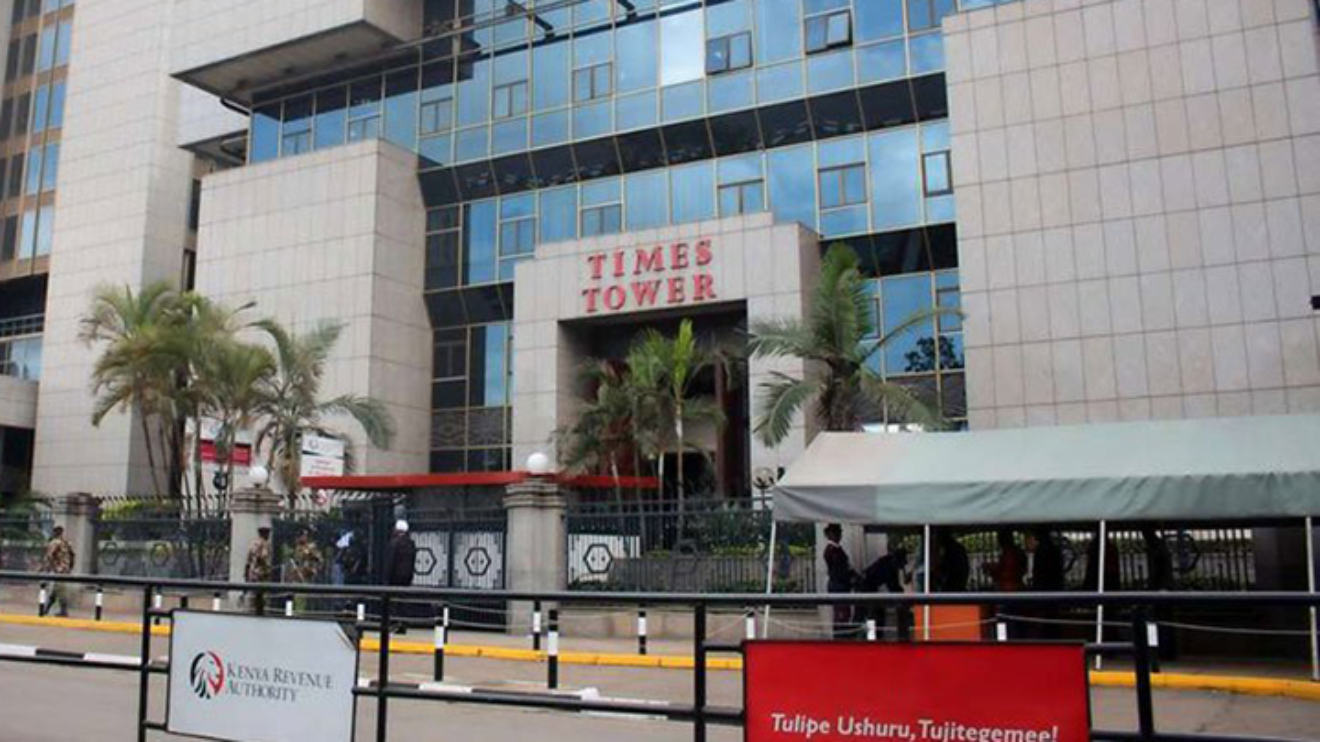Kenya Wildlife Service (KWS) is seeking to increase the entry fees it charges visitors to access national parks, reserves, sanctuaries, and marine protected areas across the country.
According to KWS, the revision of the fee structure, will enable the service close its annual funding gap of Sh12 billion and will see the park fees revised for the first time in 18 years.
KWS has gazetted the draft Wildlife Conservation and Management (Access and Conservation Fees) Regulations, 2025, which contains the proposed revision of the fees.
The state corporation says this will help it mobilise extra funds to fortify its wildlife conservation efforts, tackle emerging threats, and secure long-term future of biodiversity.
KWS says the funding shortfall is due to stagnated income, inflationary pressures, and rising operational demands notably impacting on its capacity to fulfill its conservation mandate.
Read More
The service generated Sh7.92 billion in the 2024/2025 financial year against a Sh19.79 billion target and it says this has greatly affected its ability to protect wildlife, restore degraded ecosystems, tackle human-wildlife conflict and poaching among other challenges.
KWS says that if the regulations are approved, they will reflect the current conservation realities and also enable the service to meet the urgent need for sustainable financing.
The proposed amendments are part of wider broader strategy by the service improve the revenues it collects annually to support its core conservation activities, which include:
• Restoration of habitats and ecosystems;
• Mitigation of human-wildlife conflict;
• Enhanced anti-poaching and wildlife security operations;
• Modernization of park infrastructure and services;
• Expansion of conservation education and awareness programmes.
“For over a decade, our conservation fee structure has remained static, despite rising costs, evolving visitor expectations, and increasing threats to wildlife,” said KWS Director General Prof Erustus Kanga.
Prof Kanga noted that currently more than 90 per cent of KWS’ internal revenue comes from tourism-related activities and the budget deficit threatens millions of livelihoods.
He added: “Yet we face a widening fiscal deficit that undermines not only conservation, but also the livelihoods of over one million Kenyans whose jobs depend on a thriving wildlife economy; ranging from community scouts and rangers to tour operators, hoteliers, and artisans.”
The state corporation revealed that an impact assessment conducted immediately before the drafting of the new regulations informed the proposed pricing model.
Under the new framework, park revenues are projected to grow from Sh7.92 billion in 2024 to Sh16.58 billion by 2028, driven by realistic trends in visitation and spending behaviours.
KWS says the proposed revisions of conservation fees, which was last done in 2007, enable Kenya to maintain her status as an accessible, competitive, and world-class conservation destination.
KWS says the review aligns with its 2024–2028 Strategic Plan, and will:
• Strengthen protection of endangered species and critical habitats;
• Enable faster and more effective responses to conservation threats;
• Improve the visitor experience across protected areas;
• Reduce reliance on Exchequer support by building a self-sustaining conservation model; and
• Enhance institutional performance and resilience.
“This review is not just about revenue, it is about the survival of our wildlife and the resilience of our conservation systems.
“It’s a bold and necessary step to protect our biodiversity, support communities who coexist with wildlife, and secure the future of Kenya’s natural heritage for generations to come.”
The corporation says the process of changing the proposed fees will be done through an inclusive and transparent process that includes public participation and extensive stakeholder consultations.
Wildlife tourism currently contributes approximately 10 per cent to Kenya’s national GDP and generates over USD1 billion in direct annual revenue.
KWS invites all stakeholders to review the draft regulations and submit their feedback at any KWS office, Ministry of Tourism and Wildlife headquarters, or through email at [email protected].
The draft regulations were published in Kenya Gazette Vol. CXXVII - No. 148 dated July 9, 2025, and can be accessed on the KWS website (www.kws.go.ke).










